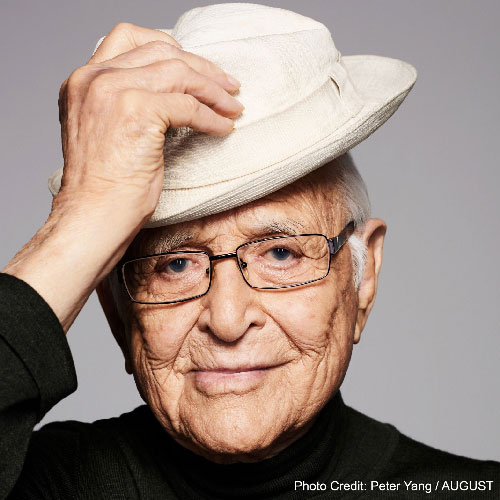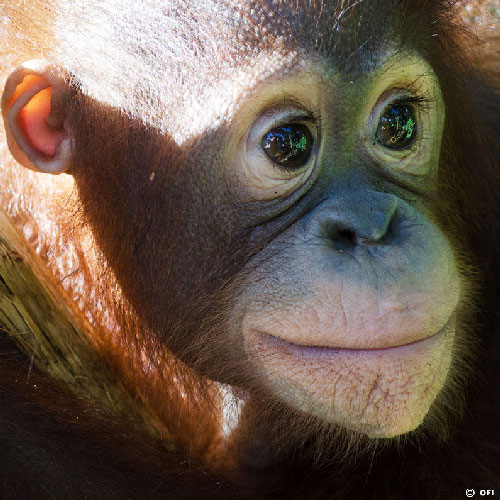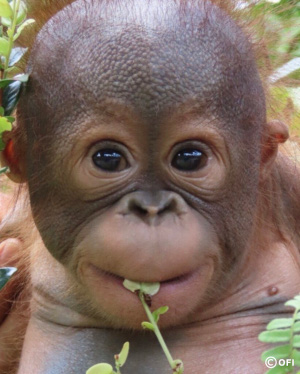Passing of OFI Board Member and Hollywood Legend: Norman Lear
Orangutan Foundation International (OFI) is greatly saddened by the passing of Norman Lear, a legendary television and film producer and writer, as well as longtime friend of OFI. Norman was… Continue reading Passing of OFI Board Member and Hollywood Legend: Norman Lear
Fall Appeal 2023
Dear Friends of OFI, The babies need our help! Each day, thousands of acres of tropical rain forests are clear‐cut, burned, and reduced to ash. The scorched earth, once home… Continue reading Fall Appeal 2023
Fall – Winter Appeal 2022
For the last 51 years, Orangutan Foundation International (OFI) has been working to save orangutans and their endangered tropical rain forest habitat. Without forest, wild orangutans cannot survive. During the… Continue reading Fall – Winter Appeal 2022
Kusasi: Survivor
Kusasi was an extraordinary orangutan. Unlike most orangutans living in the wild, he was the star of his own film called “Kusasi: From Orphan to King,” which initially aired on… Continue reading Kusasi: Survivor
Spring 2022 Appeal: Protect and Patrol
You would be hard-pressed to find people more dedicated, resilient, and selfless than the Orangutan Foundation International (OFI) patrol rangers. Stationed at remote wilderness posts across more than one million… Continue reading Spring 2022 Appeal: Protect and Patrol







